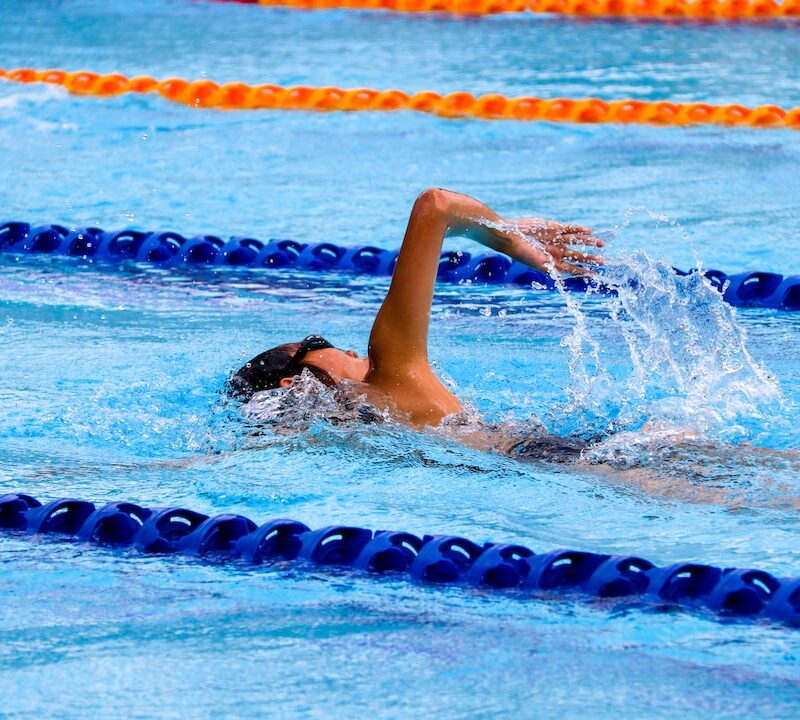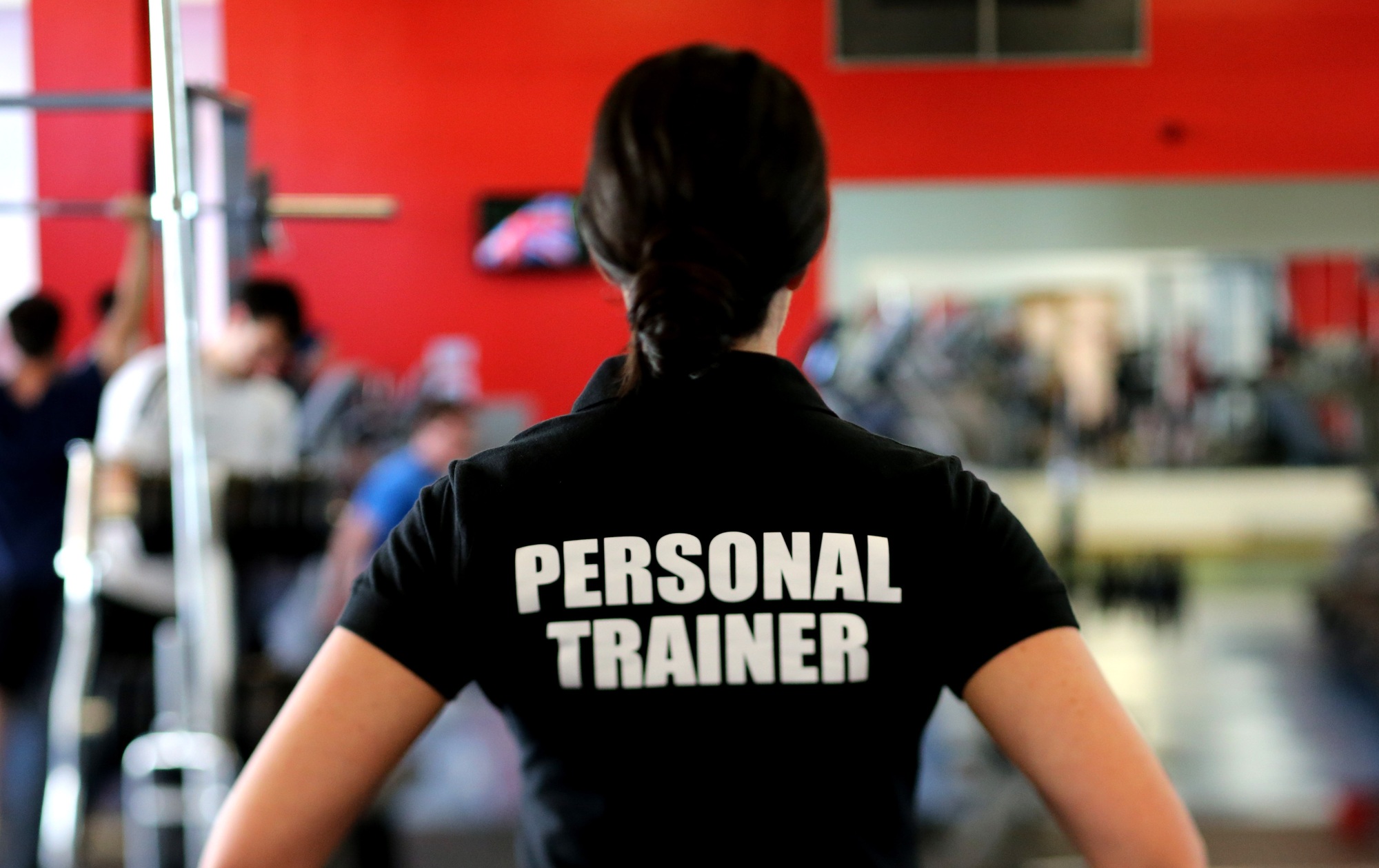Swimming is a fun and healthy way for children to stay active. It encourages a positive relationship with exercise that will carry into adulthood. It also helps to build confidence in the water, which can reduce the chances of panicking in a dangerous situation. Below are six reasons you should enroll your kids in swim lessons at any age:
Confidence
Kids need to develop a healthy self-image and be confident in their abilities. Swimming can help kids build confidence in physical skills, balance and coordination, socializing, and mental strength. It can make them more likely to try new things and be more open to meeting new people. Swim lessons allow children to work independently and master skills in small increments. It will enable them to gain a feeling of accomplishment over time, increasing confidence in other aspects of their lives. It can include other sports, hobbies, and school subjects. One of the most rewarding moments in swimming, at any age and level, is when a student masters a skill they’ve been working hard to achieve. Watching their sweet faces soak in the success of that “I DID IT!” moment is a great way to build their confidence and encourage them to push themselves further. As the pools open and swim season returns, it’s a great time to sign up your children for swim lessons or start back with them after taking a break during the pandemic. If you’re worried about your child’s comfort in the water, enroll in swimming lessons near San Jose to discuss private lessons or a beginner group lesson for younger children.
Water Safety
One of the most important reasons for children to learn how to swim is water safety. Drowning is a real threat, and it can happen quickly. Kids ages 1 to 4 are at the highest risk for drowning, and many of those deaths occur in unsupervised pools or other bodies of water. Formal swimming lessons can reduce this risk.
While these classes are not a substitute for active supervision, they can help kids develop confidence and skills to prevent accidents. Water safety lessons can also help parents and kids practice safe behavior near water. It includes ensuring kids always ask permission before entering any body of water, especially deep or fast-moving water.
Teaching kids to read aquatic environment markers, including depth markings and signage, is also important. It’s best to avoid open-water swimming in natural bodies of water. Still, if it’s inevitable, children should know that river and creek water can have unpredictable currents and that wearing a life jacket is necessary.
Finally, kids should be taught to be careful around toys in the water. Kids can reach for them if left in the pool and tangled or caught under the surface. It can cause them to panic, and they may not be able to swim to the side or call for help.
Socialization
Swimming lessons allow children to socialize with others in a safe environment. Group swim lessons help kids learn the value of observing and waiting for their turn, and they know how to interact appropriately with their peers without overstepping appropriate boundaries.
Swimming lessons also teach children the difference between rough play, acceptable in a fun pool environment, and bullying behaviors that should always be avoided. These are important socialization skills that children will carry with them throughout their lives.
When children can successfully learn a new skill, they gain a sense of accomplishment and achievement that is hard to match. Strong, confident swim skills empower them to enjoy water activities in a way that makes them feel good. It helps to promote positive self-esteem and the confidence and independence they need to continue pursuing their favorite hobbies.
Even if your child does not enjoy swimming at first, it is important to encourage them to continue their lessons and discover things they like. As they do, they will likely grow to love it more and develop a lifelong skill they can use as a recreational activity or pursue to become a professional swimmer. In fact, their newfound love for swimming may just be the final incentive needed for visiting a site like https://premierpoolsandspas.com/locations/ and having a pool installed in the backyard. This will allow for hours of fun, and provide an outlet for socialising with both friends and families.
Physical Activity
Swimming helps children build strength and endurance. It also provides a full-body workout that increases cardiovascular health. This physical activity can help kids feel more confident and capable, benefiting school, sports and life. Kids who take lessons at a young age develop a positive relationship with exercise that stays with them throughout their lives.
In addition to building strength, swimming helps children develop balance and coordination. It is also a great way to burn calories and reduce stress levels. Infant and toddler swimming lessons are often structured to promote learning through guided play and verbal instruction while keeping kids safe and comfortable. In these classes, parents must remain within arm’s reach of their child and provide “touch supervision.” It helps children feel supported by a trusted adult while they learn new skills. It can also help them develop a healthy respect for the water and understand safety rules that will stay with them forever. As kids get older, they can begin taking formal lessons independently. It gives them a chance to form bonds with other swimmers and make friends that last a lifetime. This socialization also benefits their mental development, as they are taught to observe and listen to others in a group setting.







